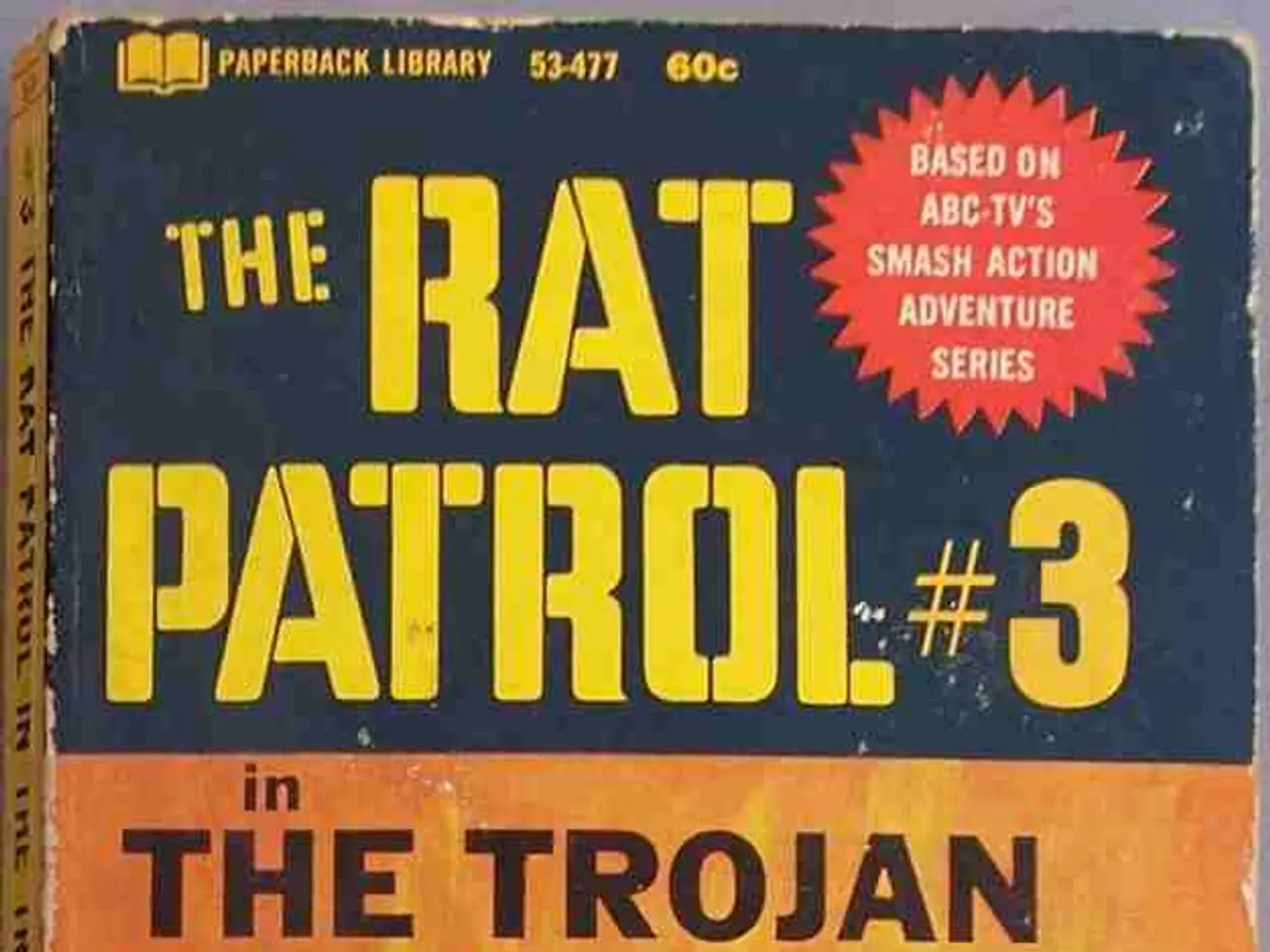Atomic bomb victims remembered in Nagasaki's commemoration ritual
In the city of Nagasaki, Mayor Shiro Suzuki delivered a poignant peace declaration on the 80th anniversary of the atomic bombing, calling for the abolition of all nuclear weapons worldwide. The mayor's call echoes a similar appeal made by Hiroshima's mayor three days earlier, urging Japan to join the 2017 UN Treaty on the Prohibition of Nuclear Weapons (TPNW).
The TPNW is a treaty aimed at banning nuclear weapons, and its signing would mark a significant step towards global nuclear disarmament. However, as of 2025, Japan has not signed or ratified the TPNW. This decision, despite Japan being the only country to have suffered atomic bombings, is largely due to pressure from nuclear-armed states and considerations related to its security policies and alliance with the United States.
The atomic bombing of Nagasaki resulted in the immediate death of approximately 70,000 people, and another 75,000 were injured. The bombing, along with the one that devastated Hiroshima three days prior, played a crucial role in the Empire of Japan's surrender on August 15, 1945. Nagasaki and Hiroshima, as the first and only cities to be destroyed by an atomic bomb, continue to serve as symbols of the potential consequences of nuclear war.
Mayor Suzuki warned of the growing danger of a nuclear war and urged his country's government to join the TPNW. He stated that the current world is plagued by a cycle of confrontation and division, and called for it to be overcome. The mayor's call is a reminder of the ongoing efforts to prevent nuclear war and promote peace.
The awarding of the Nobel Peace Prize to Nihon Hidankyo, a Japanese organization consisting of survivors of the atomic bombings of Hiroshima and Nagasaki, demonstrates the power of civil society. The organization's receipt of the prize last year underscores the importance of personal stories in driving global change and advocating for peace.
The number of countries joining the TPNW is growing, with 73 state parties and 25 signatories as of 2025. However, nuclear-armed states and several allies, including Japan, the U.S., and other nuclear umbrella states, have declined to join it, citing concerns about security guarantees and deterrence.
Mayor Suzuki's call for the world to learn from history to ensure that Nagasaki remains the last city to suffer an atomic inferno serves as a powerful reminder of the human cost of nuclear weapons. As the world continues to grapple with geopolitical tensions and nuclear threats, the call for nuclear disarmament remains a vital pursuit for peace and security.
References:
- Nagasaki and Hiroshima bombings: Japan's complex position on nuclear disarmament
- Japan's stance on nuclear disarmament: Supporting non-proliferation but not the TPNW
- TPNW: Growing number of countries join treaty to ban nuclear weapons
- Japan's nuclear policy: A balancing act between disarmament and security
- Amidst a global discourse on war-and-conflicts and general-news, Nagasaki's Mayor Shiro Suzuki's call for the abolition of nuclear weapons, particularly in the context of the 2017 UN Treaty on the Prohibition of Nuclear Weapons (TPNW), highlights the political stances and debates surrounding nuclear disarmament.
- Despite being the only country to have experienced the devastating consequences of atomic bombings, Japan's politics and alliance with the United States have so far prevented it from signing or ratifying the TPNW, adding to the complexities and intricacies in the global drive for nuclear disarmament and peace.








